How to Check Exit Status for Command in Linux
When working on a Linux system, every command you run returns a status code (also called…

When working on a Linux system, every command you run returns a status code (also called…
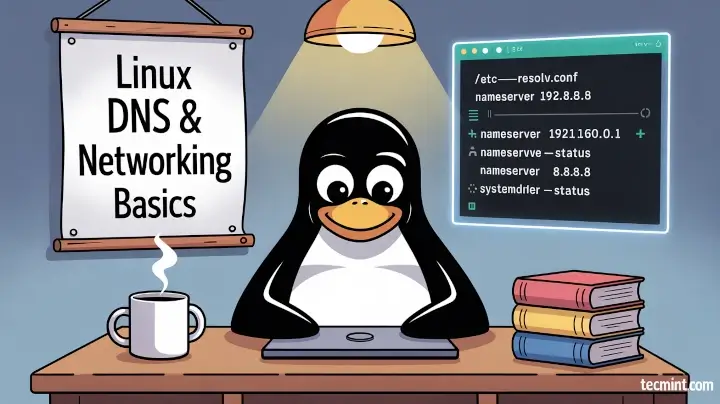
DNS (Domain Name System) is a fundamental facilitator of several networking technologies such as mail servers,…

Zip is a command-line utility tool used for compressing files and folders. Compression of files &…

Linux users often need to use one command over and over again. Typing or copying the…
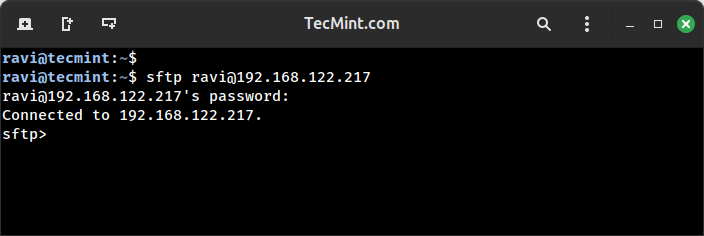
File Transfer Protocol (FTP) was once a widely used method for transferring files or data remotely….
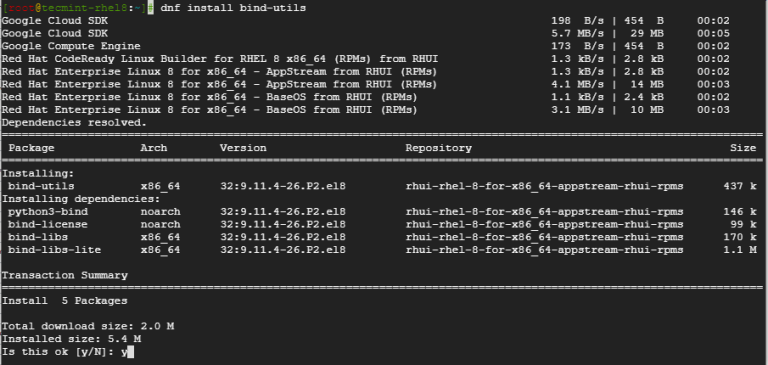
If you’re working with networks, managing domains, or troubleshooting connectivity issues, two essential tools you’ll come…

Like any other operating system, GNU/Linux has implemented memory management efficiently and even more than that….
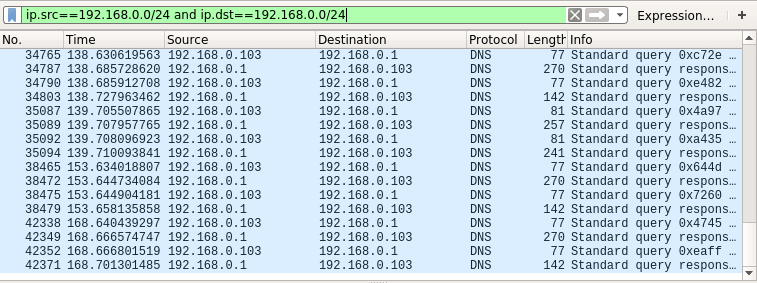
A system administrator’s routine tasks include configuring, maintaining, troubleshooting, and managing servers and networks within data…
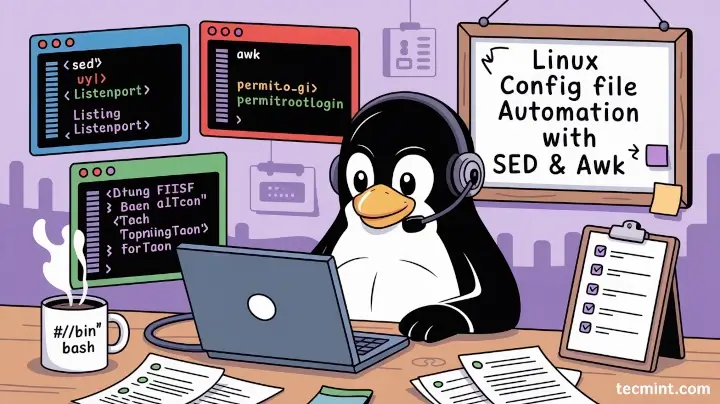
Linux configuration files are often plain text, which makes them easily editable using command-line tools. Among…
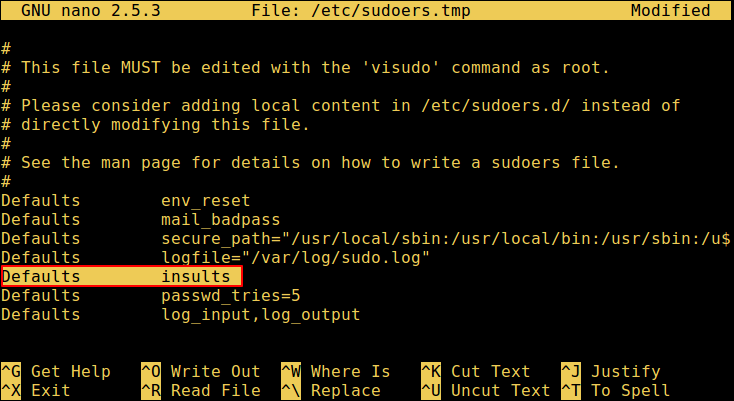
Sudoers is the default sudo security policy plugin in Linux; however, experienced system administrators can specify…
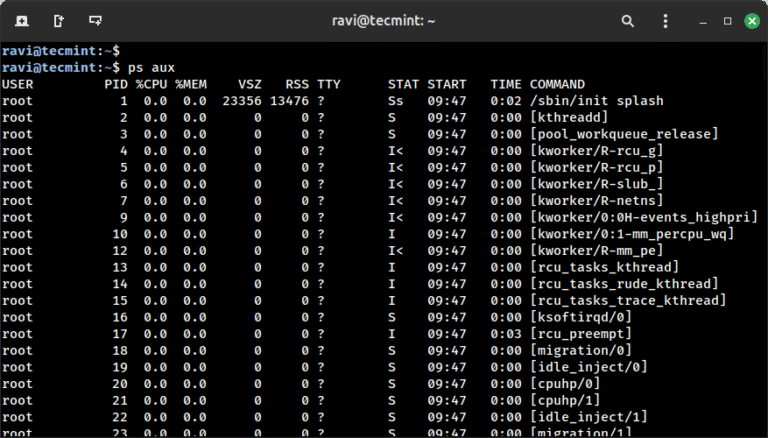
When starting out with Linux, you may encounter the terms “services” and “daemons” quite frequently, which…

After four highly appreciated and successful articles in our series on Lesser-Known Linux Commands, we’re excited…
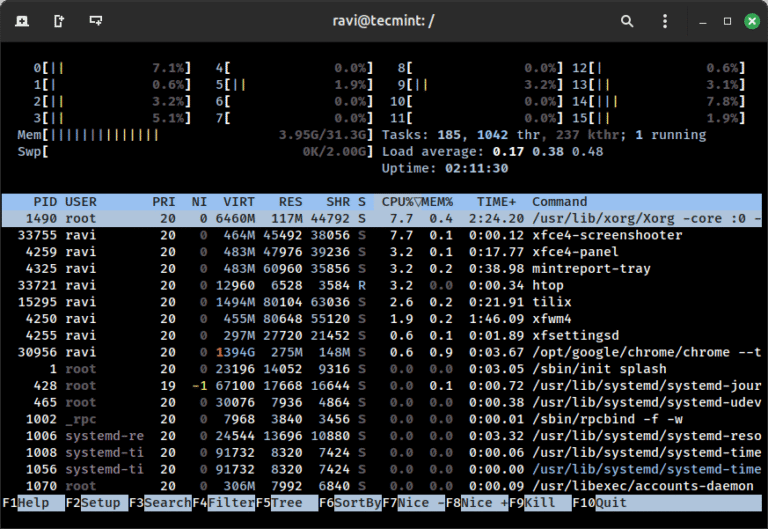
As a Linux SysAdmin working in a production environment, your daily routine is all about keeping…
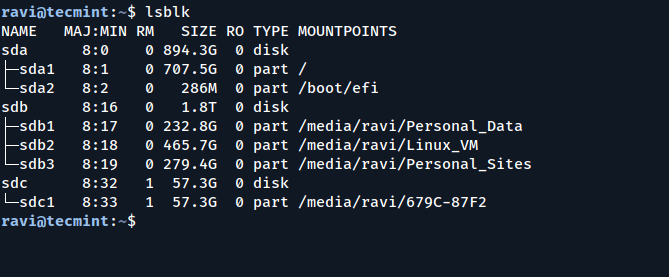
If you’ve ever plugged in a USB stick on a Linux machine and found that you…
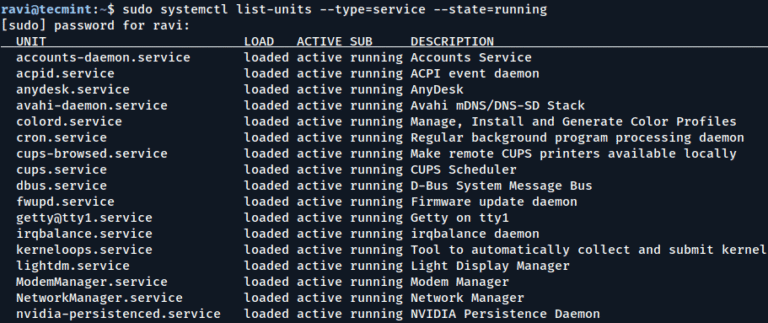
When you build a server according to your plan and requirements, you want it to run…